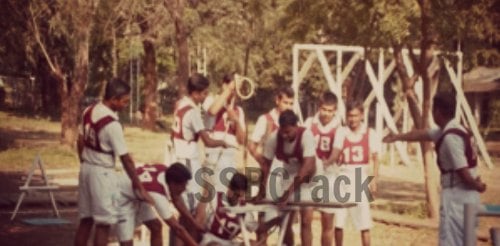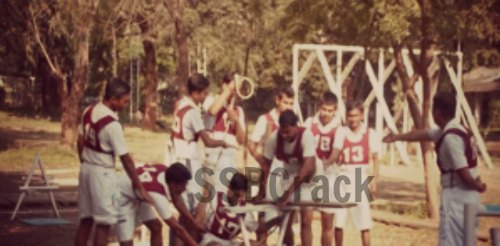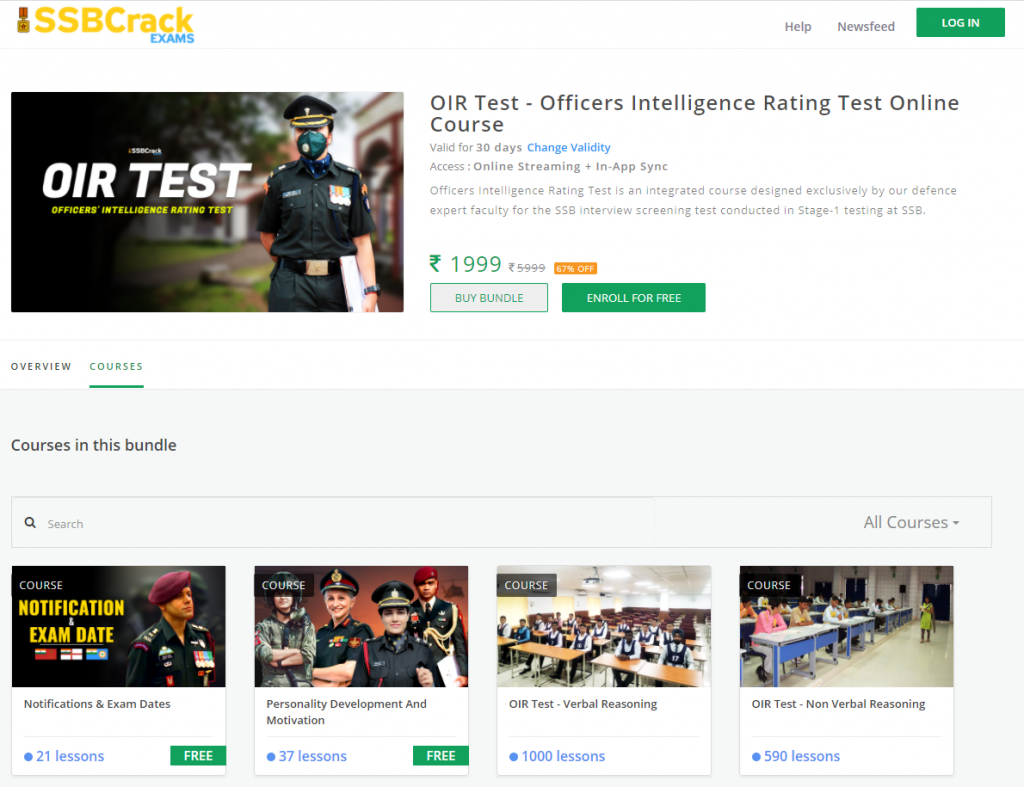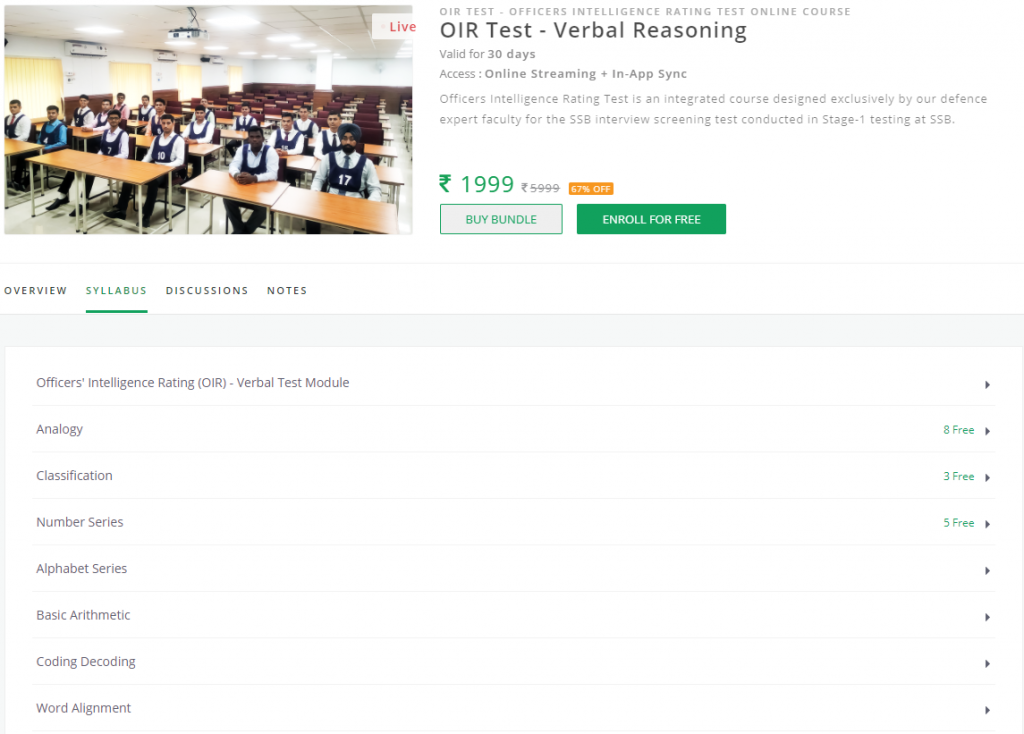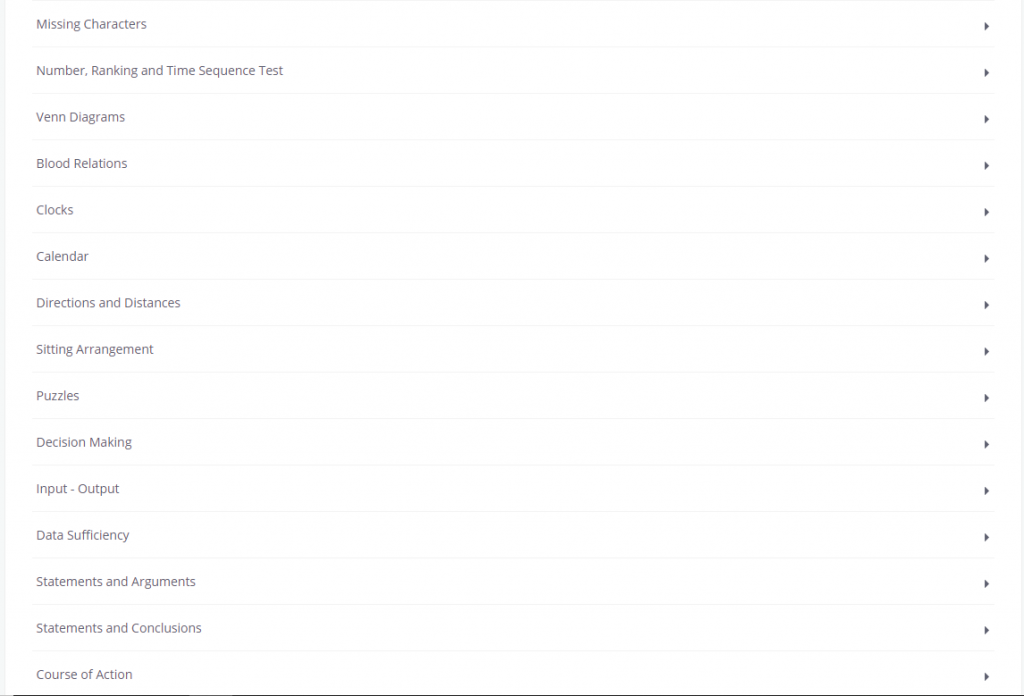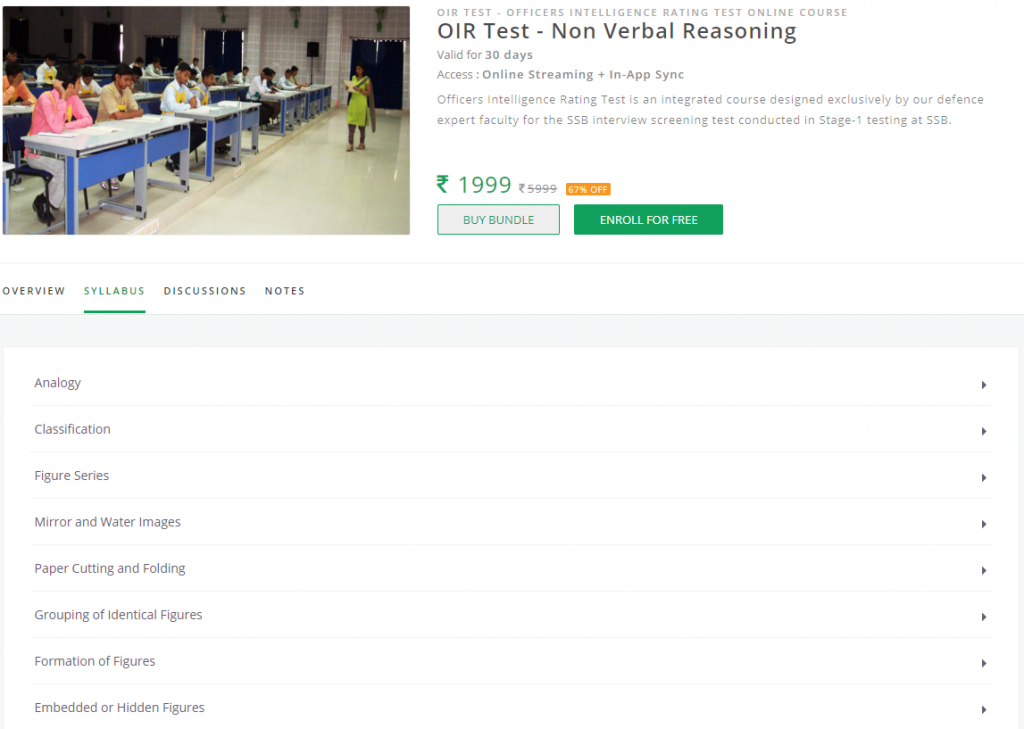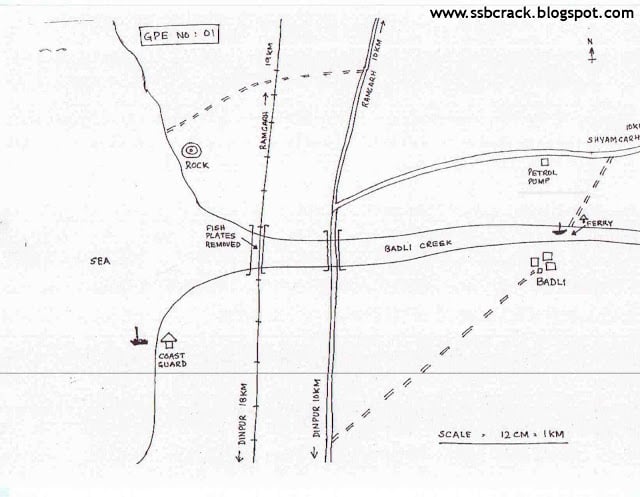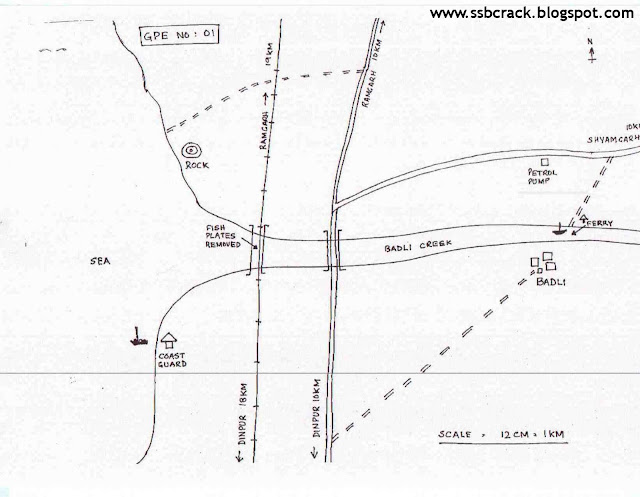Here is a short analysis of your word use.
Need for Achievement. The typical person generally scores between 4.5 and 8.5, with an average of 5.7. The higher your number, the more you wrote about achievement-related themes.
Need for Affiliation. Because this picture typically elicits themes associated with achievement, most people don’t pay too much attention to human relationships in their story. In fact, the typical person scores around 1.2 on this dimension. Indeed, 30% of participants score 0.00.
Need for Power. Most people score between 0.8 and 2.7, with the average being 1.7. High scores on the need for power dimension hint that the writer is concerned with who is or is not in control and who has the most status.
Self-references: People who use a high rate of self-references tend to be more insecure, nervous, and possibly depressed. They also tend to be more honest.
Social words: Social words are words that make reference to other people (e.g., they, she, us, talk, friends). Generally, people who use a high level of social words are more outgoing and more socially connected with others.
Positive emotion words: The more that people use positive emotion words (e.g. happy, love, good), the more optimistic they tend to be. If you feel good about yourself, you are more likely to see the world in a positive way.
Negative emotion words: Use of negative emotion words (e.g., sad, kill, afraid) is weakly linked to people’s ratings of anxiety or even neurotic. People who have had a bad day are more likely to see the world through negatively-tinted glasses.
Big words (words with more than 6 letters): Use of big words is weakly related to higher grades and standardized test scores. People who use a high rate of big words also tend to be less emotional and oftentimes psychologically distant or detached.
Source: http://www.utpsyc.org

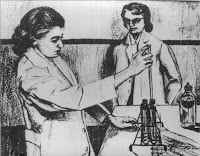
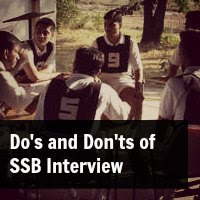


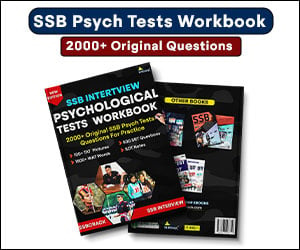

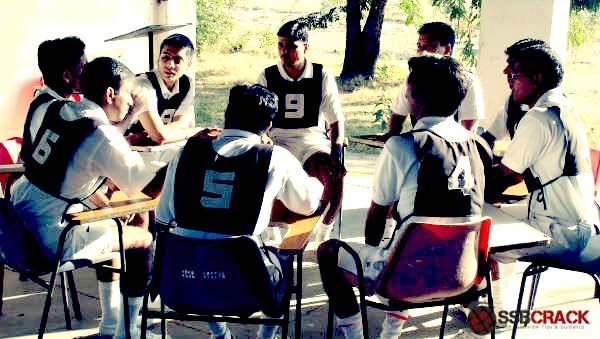
.png) About SSBCrack Editorial Team
About SSBCrack Editorial Team